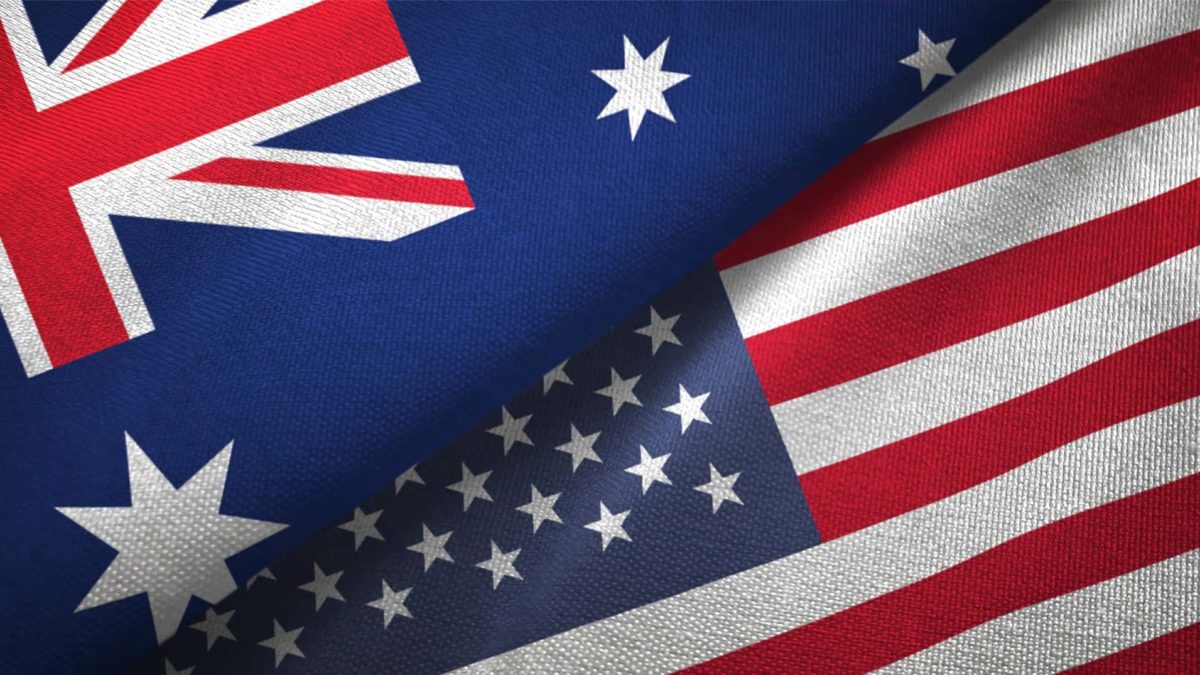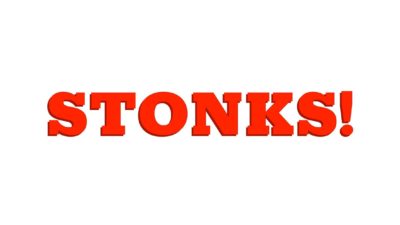Here at the Fool, we're in the business of discussing the S&P/ASX 200 Index (ASX: XJO) and the wonders of the Aussie share market. Over the past 100-plus years, ASX shares have proven to be wealth creation machines. And yet, these days, ASX investors are increasingly turning to the US markets to either supplement or supplant their ASX share portfolios.
On one level, this is understandable. The US is the largest capital market in the world by far. That's the reason why Aussie tech company Atlassian Inc chose to list on the Nasdaq exchange in America rather than our own ASX. And when you have companies like Apple Inc, Amazon.com Inc, Berkshire Hathaway Inc and Alphabet Inc amongst the US's biggest players, it's hard (at least for many investors) to get excited about top ASX 200 shares like BHP Group Ltd (ASX: BHP) and Westpac Banking Corp (ASX: WBC).
But are US shares really a better option to invest in than our own ASX? Let's look at some numbers.
To compare our 2 markets, we'll look at the performance of some exchange-traded index funds (ETFs).
US shares vs ASX: a trans-Pacific matchup
The Vanguard Australian Shares Index ETF (ASX: VAS) is an index fund that tracks the S&P/ASX 300 Index (ASX: XKO) – a comprehensive barometer of the Australian share market. Over the past 5 years, this ETF has returned an average of 7.33% per annum, and 6.73% per annum over the past 10.
Let's compare that with an ETF tracking the US's S&P 500 Index, the flagship index that most investors use for US markets.
The iShares S&P 500 ETF (ASX: IVV) has returned an average of 13.44% per annum over the past 5 years, and 17.05% over the past 10.
Case closed, right? The US has handily smashed our ASX, so let's all sell our ASX shares and hop on the American bandwagon.
Well, not so fast. See, the IVV ETF is not hedged against currency movements. And our dollar has spent most of the past decade falling in value against the US dollar (remember the days of parity in 2010 and 2011?). That falling dollar has helped push up the returns of the S&P 500 in Australian dollar terms.
So let's instead use a currency-hedged version of the S&P 500 – represented by the iShares S&P 500 (AUD Hedged) ETF (ASX: IHVV). This ETF functions exactly the same as IVV, except it takes this currency factor out of the equation.
So, over the past 5 years, IHVV has returned an average of 12.61%. unfortunately, this ETF has only been around since 2014, so we can't see a 10-year performance. But looking at the US-listed iShares S&P 500 Fund (which is benchmarked to US dollars), we can get a rough idea. Over the past 10 years, that fund has returned an average of 13.68%.
That still looks pretty good against VAS's 10-year average of 6.73%.
Foolish takeaway
It is incontrovertible that US shares have handily outperformed ASX shares over the past 5 and 10 years. However, it's worth noting that all countries have their time in the sun, and the US markets have benefitted enormously from the growth of their large tech companies over the past decade – a feat unlikely to be matched over the next decade in my view. Thus, there's every reason to believe ASX shares will beat the US at various periods in the future. Therefore, I don't think it matters too much which shares or index you invest in. You could even hedge your bets and go with both.









